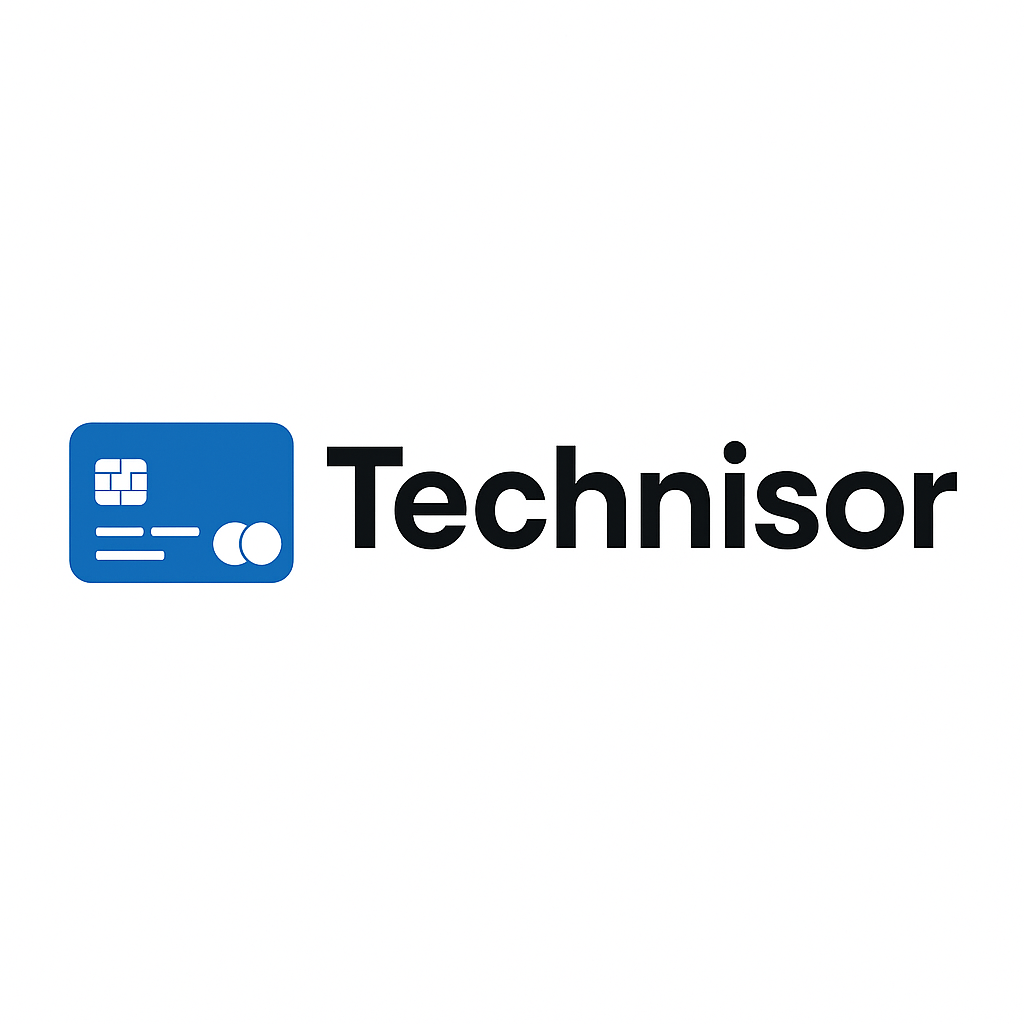How to get a loan without income proof
Getting a loan without income proof can feel impossible — but there are legitimate ways to access credit even if you don’t have traditional pay slips or employment verification.
Whether you’re self-employed, between jobs, or earning through government benefits, Canada’s financial system offers flexible options to help you borrow responsibly.
🧾 Why Lenders Ask for Income Proof
Most lenders ask for income verification to ensure you can repay the loan. It’s not just bureaucracy — it’s a way to measure risk.
When you provide proof of regular earnings (like a job or business income), the lender can confidently offer better rates and higher loan amounts.
Without that proof, lenders may still lend, but with:
- Higher interest rates
- Shorter repayment terms
- Smaller amounts
Still, this doesn’t mean you’re out of options. It simply means you must demonstrate financial stability in alternative ways.
💡 How to Get a Loan Without Traditional Income Proof
Here are practical and proven ways Canadians are getting approved for loans even without standard income documentation:
1. Use Alternative Income Sources
You can provide bank statements, government benefits, pension payments, or investment income as proof of financial stability.
Lenders like Magical Credit and Spring Financial consider sources such as:
- Employment Insurance (EI)
- Canada Pension Plan (CPP)
- Disability benefits or child support
- Rental or freelance income
These show consistent inflows, even if they aren’t from a regular employer.
2. Apply for a Secured Loan
A secured loan allows you to use a valuable asset — such as a car, savings account, or property — as collateral.
Because the lender can recover value from the asset, they are more willing to approve the loan even without income proof.
Many Canadians use vehicle title loans or home equity loans in such cases. However, remember that if you default, the asset could be repossessed.
3. Get a Co-signer
Having a co-signer is one of the most effective ways to get approved.
Your co-signer — typically a family member or close friend — shares legal responsibility for the loan.
Their income and credit history help secure the approval and lower your rate.
It’s important that both parties understand the joint financial responsibility before signing.
4. Consider Low-Doc or Alternative Lenders
Some licensed lenders specialise in “low-document” or “no-employment verification” loans.
Companies like Lend For All and Loans Canada connect borrowers to private lenders who accept minimal documentation.
These lenders may approve your application based on:
- Your credit score
- Bank account history
- Existing assets or co-signer support
Be cautious — always verify that the lender is registered in your province and avoid any company asking for upfront fees or guaranteed approval claims.
5. Build or Improve Your Credit
Even without income proof, a strong credit score can unlock opportunities.
Pay existing debts on time, avoid unnecessary credit applications, and monitor your credit file through Equifax or TransUnion.
Over time, this helps you qualify for better offers with lower rates.
⚠️ Understand the Trade-Offs
Loans without income proof usually come with higher costs.
Expect:
- Annual Percentage Rates (APR) from 10% to 35%
- Loan amounts between CA$500 and CA$25,000
- Shorter repayment windows (6–24 months)
Before accepting, calculate total repayment, interest, and any late payment penalties using a loan calculator.
🛡️ Stay Safe: Avoid Scams and Predatory Lenders
Unfortunately, this market attracts fake offers. Protect yourself by:
- Dealing only with licensed Canadian lenders
- Avoiding lenders who guarantee approval or ask for advance payments
- Reading the fine print before signing anything
If in doubt, contact the Financial Consumer Agency of Canada (1-866-461-FCAC) for official advice or to check a lender’s legitimacy.
🪙 Smart Tips Before Applying
- Be transparent about your financial situation.
- Offer alternative proof like bank statements or benefits letters.
- Borrow only what you can realistically repay.
- Always compare at least three lenders before choosing one.
A loan should support your goals — not create new financial stress.
❓FAQ — Getting a Loan Without Income Proof in Canada
1. Can I get a personal loan if I’m unemployed?
Yes. Many lenders accept applicants receiving benefits or self-employed income. Secured or co-signed loans increase approval chances.
2. What documents can replace income proof?
Bank statements, benefit receipts, investment records, or proof of regular deposits are acceptable alternatives.
3. Will I pay higher interest without income proof?
Most likely, yes — because the lender assumes more risk. Comparing rates can help you find fair offers.
4. Is it safe to use private or online lenders?
Yes, if they’re licensed and transparent. Avoid any that request advance fees or unrealistic promises.
5. Can I use collateral to get approved?
Absolutely. Offering an asset as security (like a car or savings) is a strong way to get approved without showing pay slips.
